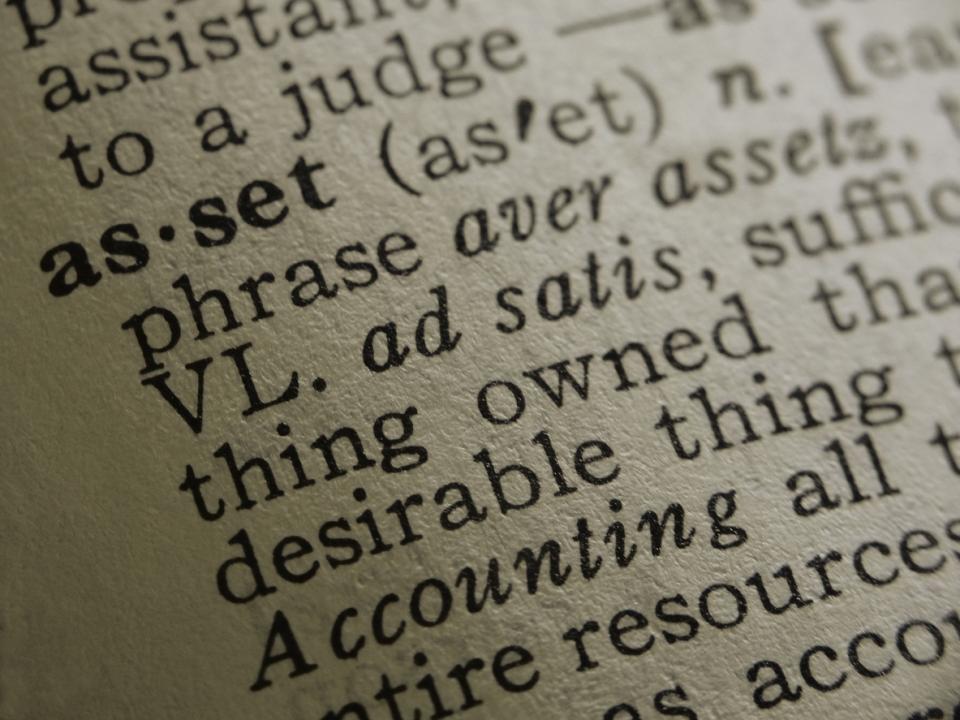When deciding what to teach, and how to do so, we are accustomed to considering aims and learning outcomes. Alas, we don’t always consider what our students want to become and achieve, and how this motivates them to enrol.
This is even more important when considering embedding sustainability into our teaching. We all must understand and deal with sustainability and our part in making the world a better place, not just leave it to experts or specialists.
All of us, as educators, want to inspire the next generation of professionals. We want them to make new connections, experience a broad education and reflect on what they want to become and achieve. For guidance, UK academics should consult the subject benchmark statements, which show what graduates might reasonably be expected to know, do and understand at the end of their studies.
Indeed, all academics should consult these statements when considering course design and delivery. They include five themes that cut across all subject benchmark statements:
- Equity, diversity and inclusion
- Accessibility and the needs of disabled students
- Education for sustainable development
- Employability, entrepreneurship and enterprise education
- Generative artificial intelligence (as of February 2024).
This year, accounting is one of eleven subject benchmark statements being subject to review and members of the advisory panel are hoping to rewrite it to embrace wider, and more apt, definitions of accounting and auditing, where accounting students are taught to cope with uncertainty and able to adapt to hold companies accountable in a more sustainable world.
Current and prospective students who aspire to become effective accounting professionals need to understand the nature, roles, uses and impacts of accounting, opening up the full potential of the discipline, recently defined as “…a technical, social and moral practice concerned with the sustainable utilisation of resources and proper accountability to stakeholders to enable the flourishing of organisations, people and nature”, by Garry Carnegie, Lee Parker and Eva Tsahuridu in the Australian Accounting Review.
This definition and others like it drive teaching knowledge beyond accounting as a mere technical practice, developing awareness and understanding of the organisational and social contexts of entities of all types in which accounting operates. They focus on teaching skills such as critical judgement, coping with uncertainty, qualitative evaluation of evidence and the ability to recognise that knowledge is contextually driven.
- Resource collection: resources on the Sustainable Development Goals
- Sustainability accounting is coming: here’s how to navigate it
- Teaching business students how to prepare sustainability reports for SMEs
Similarly, students who are considering specialising as auditors can appreciate their vital role in inculcating trust and holding organisations accountable by considering a wider, more apt definition of auditing, such as the following, prepared in developing this contribution:
“Auditing is the independent authentication of accounts and key performance indicators, financial and non-financial in nature, designed for assurance purposes to inspire confidence and illuminate risks, increasing the trust of stakeholders in accounting as dependable multidimensional technical, social and moral practice.”
This definition sets out to depict the importance of being independent and being seen to be independent, rigorous in instilling and safeguarding trust and actively campaigning against the curse of greenwashing. It also means that students need to develop skills such as professional scepticism, the ability to triangulate evidence and adequately informed judgement to address incongruencies. They need to practise critical ignoring of weak forms of evidence and have a strong focus on the needs of the users of accounts, well beyond a limited “pleasing the client” orientation.
The above definitions indeed help shape the journeys of students between what they are, and what they have the potential to become in their professional lives. They allow them to redirect their energies and draw on broad-scope approaches to dealing with challenging issues to help shape a better world.
There will be an exposure period after they are written (July 2024) and before they are confirmed (in 2025), but once they are published, be ready to consult them and contemplate what you want your students to become. These statements can act as catalysts for effectively educating our students and encouraging them to take up and play their part in creating a better, more sustainable world.
Jennifer Rose is a senior lecturer at the Alliance Manchester Business School, University of Manchester. Garry Carnegie is an emeritus professor from RMIT University, Melbourne, Australia.
If you would like advice and insight from academics and university staff delivered direct to your inbox each week, sign up for the Campus newsletter.




comment